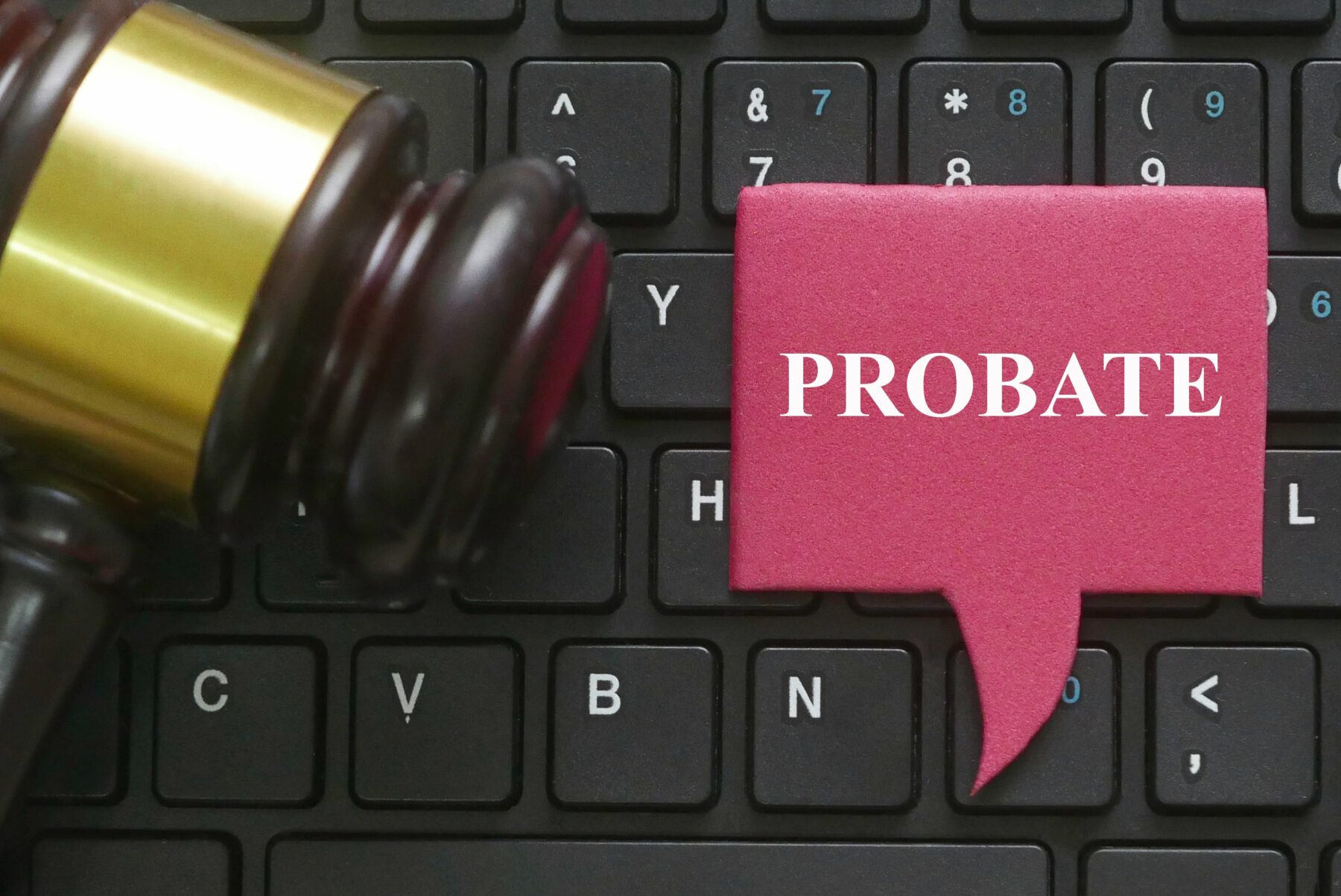Probate refers to the legal process of administering the affairs of someone who has died.
The Executor is the person responsible for completing the probate process. It has onerous responsibilities because of the duties involved.
Which brings us to our topic – why should you use a solicitor to help with the probate process? Even in “simple” situations where the deceased has left a Will with thorough instructions, complications may occur. To ensure that the Executor understands whether they can administer the estate themselves or seek professional help, we advise that they get advice as soon as possible.
Offering Support
One of the first reasons that someone may seek out a solicitor to help with probate process is the emotional turmoil that is created when we lose a loved one. Grief is very painful and personal. Some Executors, who are also beneficiaries, may prefer a third party to administer the estate on their behalf to make it easier on themselves.
Solicitors Are Trained Professionals
The Solicitor may offer options on how to make the estate tax efficient. For example, if the beneficiaries’ estates are over the inheritance tax threshold, a Solicitor may advise you to have a Deed of Variation giving the estate to your children. This may preserve the inheritance tax allowance of the beneficiaries who were going to receive the benefit and it may also reduce their inheritance tax liability on their own death.
Professional Resources
Unlike a non-professional Executor, solicitors have specialised insurance to help defend against any mistakes or problems that might occur in the probate process. Likewise, any solicitor who is a member of a firm will have access to the legal services offered by that firm, such as selling a which might be in the estate.
Neutral Third Party
Executors may have a close relationship with the deceased. Having a neutral third party may make the administration of the estate easier.
Unforeseen Consequences
Lastly, it’s always a good idea to hire a solicitor because of unforeseen complications or difficulties that might occur. For example:
- A Problematic Will: The deceased might have left a Will but all the Executors might have died. As a result, a Grant of Letters of Administration with a Will attached will have to be applied for. The deceased Executors will have to be cleared off and only people who have a benefit in the Will may apply to be Administrators
- Foreign assets: It can be surprising to learn that the deceased had assets in other countries. A solicitor will help you navigate the requirements of liquidating those assets.
- Complicated Estate: It is very possible for an estate to be extensive and continue to earn income from investments or properties during the administration period. A tax return will have to be submitted to the Inland Revenue if the tax is not paid at source.
Trust us
This article shows why it is important to use a professional solicitor when dealing with the probate process. If you are facing this burdensome legal responsibility, look no further than Elizabeth Middleton Solicitors.
We specialise in drafting Wills and offering Probate services with compassion. Contact us today to learn how we can help meet the needs of you and your loved ones.









